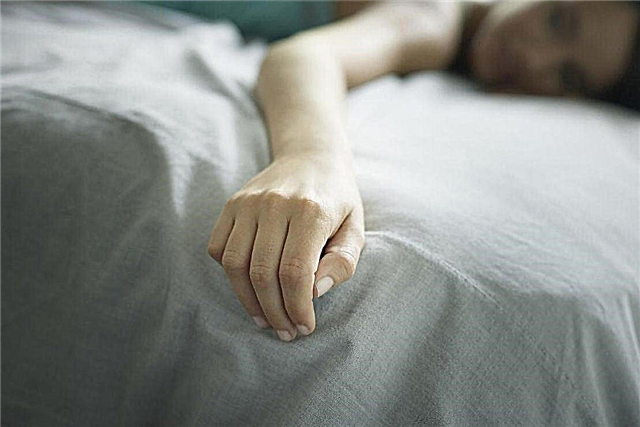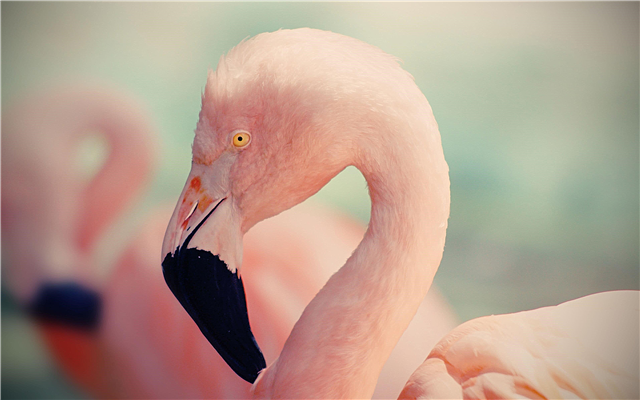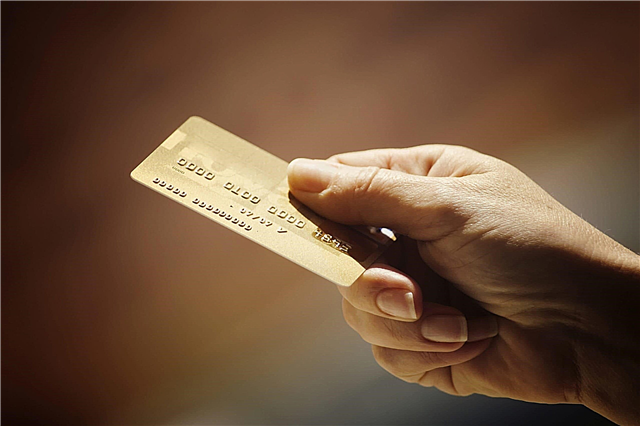
The word phobia comes from the Greek word phobos, which means fear. In it lies the essence of phobia - a disease, the manifestation of which is an attack of fear or anxiety.
But a phobia is not a normal fear that a person experiences when something really terrible happens, for example: a robber, taking out a knife, requires a wallet from you. Phobias are characterized by seemingly causeless fear, that is, fear of things that should not cause it.
Manifestation of phobias
On a sunny summer day, the Brooklyn Bridge is the place for walks of hundreds of New Yorkers. But if you suffer from gephrophobia - fear of crossing bridges, then walking along the Brooklyn Bridge is a very severe test for you. What does it look like? You are trying to cross a bridge. As soon as you step on it, a feeling of panic seizes you, your heart beats furiously and goes to your heels, you feel dizzy and nauseous. From this sense of horror, you are afraid that you may lose your mind. The only thought that has taken hold of you is, as it were, to escape from the damned bridge as soon as possible. As soon as you do this, the feeling of fear, and all associated symptoms gradually disappear.
Interesting fact: phobias give rise to a sense of fear in situations that, it would seem, should not cause it.
Claustrophobia - the fear of being in confined or confined spaces, for example, in an elevator, subway car, small rooms without windows.Then the person begins to think: "Suddenly I can not get out of here?" A person suffering from claustrophobia can very logically try to convince himself that there is nothing to worry about if the metro train is in the tunnel between the stations, but the anxiety that grips him is stronger than the arguments of reason. He is literally afraid of the fear itself, which engulfs him like a wave.
Where do phobias come from?
Some arise in childhood from experienced fears. For example, one 9 year old boy was attacked by a pack of hornets. Now, as an adult, he experiences a phobia in front of insects, especially in front of those that fly. Other phobias arise in adulthood and seemingly come from nowhere. So, for example, if an executive and accurate employee always one day suddenly feels an insurmountable fear of going to work, then this is an example of just such a phobia.
Psychologists say that stress can trigger the development of a phobia in a person whose parents inherited a tendency to develop phobias. This disease is quite widespread: one in nine Americans suffers from a phobia. Experts suggest that there is no single reason for causing phobia, but it’s good that they can be treated. The most common treatment is to make a person insensitive to those things that cause unconscious fear. It is necessary gradually, step by step, to accustom him to these things.
Types of Phobias
There are a lot of phobias. There are also very unusual ones. How many patients, so many phobias.Do you turn pale at the sight of a regular motley cock? If so, then perhaps you have an electrophobia - a fear of chickens. If you, seeing Santa Claus, cross the other side of the street, then you may have pogonophobia - fear of a beard. When you open the breakfast bag, peanut butterphobia may seize you — fear that peanut butter will stick to your palate.
Maybe you avoid washing the refrigerator, because you suffer from blenophobia - a fear of mucus? Or do you not like the show with Jay Leno because you are afraid of big chins? Or maybe now you suffer from sesquipedalophobia - a fear of long words?












